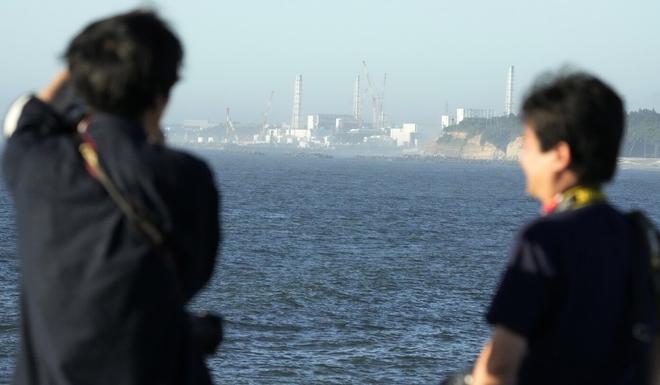Published 18:23 IST, January 23rd 2025
China Says No Abnormalities Detected In Fukushima Seawater Sample
Beijing has been firmly opposing Japan’s discharge of the treated nuclear water starting from August 2023 and has banned the import of Japanese aquatic products since then.

China’s Foreign Ministry on Thursday said that no abnormalities were detected in sample waters collected near Japan’s tsunami-wrecked Fukushima Daiichi nuclear power plant.
China conducted the first independent collection of samples in Oct. 2024.
Beijing has been firmly opposing Japan’s discharge of the treated nuclear water starting from August 2023 and has banned the import of Japanese aquatic products since then.
Speaking at a daily news briefing, Foreign Ministry spokesperson Mao Ning noted that the “reference significance of a single test result is limited” when asked if the test result could prove the safety of the treated water.
Also, Mao vowed that the country would “continue to take measures to protect the safety of foreign citizens in China” after a Chinese man who injured a Japanese mother and her child and killed a Chinese bus attendant trying to protect them in a knife attack near Shanghai last June was sentenced to death.
The case was one of two stabbing attacks on Japanese children in China last year that raised concerns about increased anti-Japanese sentiment in the country.
Separately, Mao said China has lodged “a solemn protest” with Afghanistan for the killing of a Chinese man working for a mining company.
A group called the National Mobilization Front, which resists Taliban rule in Afghanistan, claimed responsibility for the killing and said its fighters had targeted the Chinese man’s vehicle.
Mao demanded a thorough investigation and a resolute crackdown on terrorist groups designated by the UN.
Mao also commented on the phone call between new U.S. Secretary of State Marco Rubio and his Philippine counterpart Enrique Manalo, during which Rubio reaffirmed the U.S. iron-clad commitment to the Philippines under a mutual defense treaty in the face of an increasingly aggressive China.
"The U.S. is not a party in the South China Sea issue and has no right to intervene in maritime issues between China and the Philippines," she said.
Again, Mao condemned the deployment of the U.S. mid-range missile system in the Philippines as “a very dangerous move and an extremely irresponsible choice for the people of the Philippines and Southeast Asia, as well as for regional security.”
The remarks came after the U.S. reportedly moved the missile launchers from Laoag airfield in the Philippines to another location on the island of Luzon.
The deployment of the Typhon system has drawn sharp criticism from China since its deployment in the Philippines during a military exercise in April 2024.
Updated 18:23 IST, January 23rd 2025



